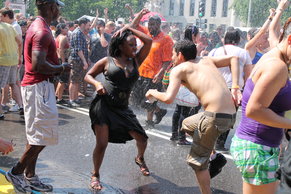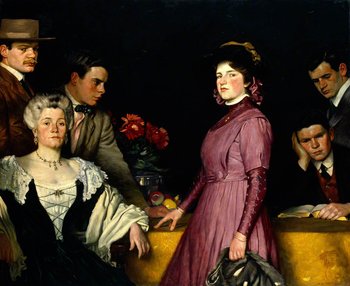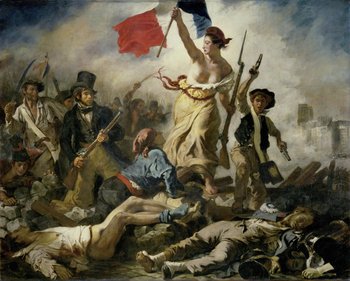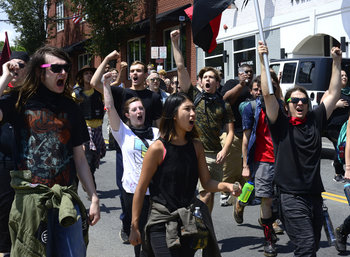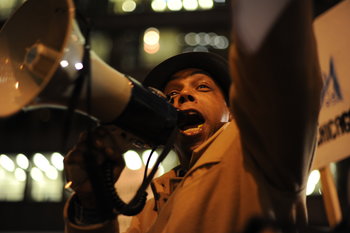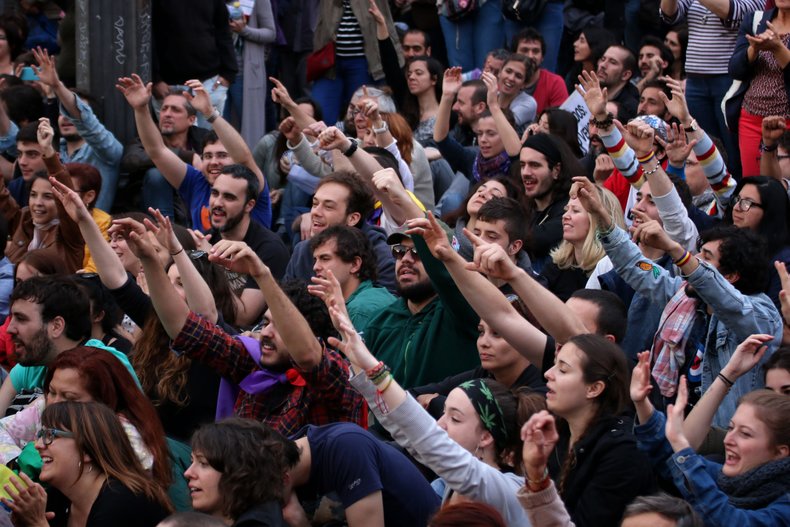
Normative Social InfluencePeople commonly have a desire to belong to the group. In this context, doing what the group does may be somewhat rational. For example, if most people in your office go bowling every Friday joining in may increase your sense of belonging. | Informational Social InfluenceLooking to others to determine information. For example, if you look outside and everyone on the street has an umbrella you may get an umbrella yourself. |
Information CascadeWhere people look to others for information this can lead to an information cascade whereby this influence snowballs though a group. For example, if you see five people running from something you may join. This can snowball as more and more people running indicates some great danger. So an entire group can start running without any individual member of the group knowing why. | Social ConformitySocial conformity is a desire to fit into a group or a fear of standing out in a group. For example, people may be hesitant to be the first to raise their hand in a group in response to a question but may also not want to be the only one not to raise their hand. |
Peer PressurePeer pressure is a tendency for groups to try to demand conformity of members. So not only to people tend to want to conform to a group, groups tend to want them to conform. | CollectivismCollectivism is basically the bandwagon effect as a value system whereby people value group membership, belonging and group harmony over being an individual who stands out from the group. |
GroupthinkGroupthink is a tendency to try to shape your opinions and speech to match the accepted opinions of the group. | Social ProofSocial proof is a tendency to evaluate things using hints about social status such as popularity. For example, not wanting to listen to a podcast that doesn't have many listeners. |
Preference for the Winning SideA tendency to want to be on the winning side. For example, joining popular opinions in order to automatically have most people agree with you. | Fear of Missing OutFear of missing out is an emotion that is triggered by not experiencing or participating in things that are popular. For example, an investor who suddenly feels they are missing out on some investment trend such that they buy something in a panic. |
Reverse Bandwagon EffectSome people will actively avoid popular things and opinions in order to preserve their sense of individuality. For example, an independent film enthusiast who tries to avoid popular films. | Snob EffectThe snob effect is the reverse bandwagon effect motivated by social status. For example, a wealthy individual who is a fan of a luxury brand until they offer a lower cost product line that makes the brand more common. |

